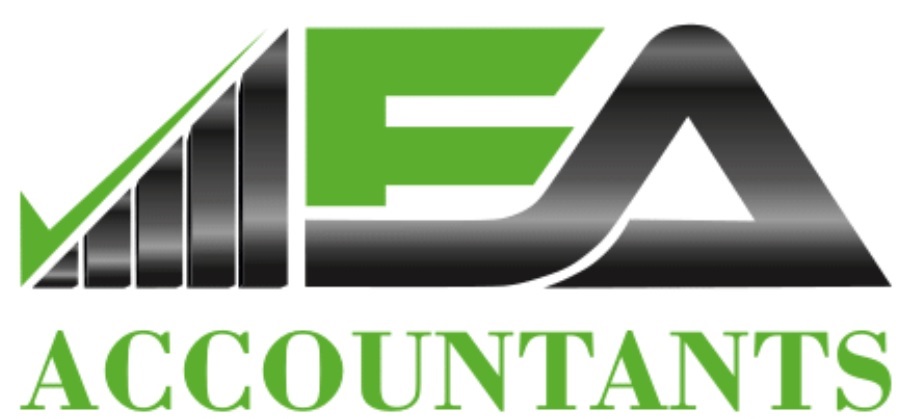Frequently Asked Questions
Whether you own a small or large business, accounting plays a vital role in the growth of your business. There are many questions that may cross your mind every day related to accounting. Let’s take a look at some of the frequently asked questions related to accounting.
Am I legally required to have an accountant?
It is not a legal requirement for a small company to have an accountant, so hiring one is not a necessity. However, providing detailed and accurate records of your business is a necessity.
It is only a legal requirement to have an accountant if the company is big enough to require an audit.
Can I do my own accounting?
You can do you own accounting however it is recommended that you know what you are doing, there are many rules and standards that financial documents require, there are also deadlines that need to be met throughout the calendar year.
So, although you own accounting is possible it can be costlier and time consuming to do your accounts yourself rather than hire an expert.
How can an accountant save me money?
Finances are one of the most important aspects for a business especially during the start-up phase. With the popular phrase being ‘Cash is King’.
A business start-up accountant will keep your accounts up to date whilst you use your time to manage the rest of your start-up. With up to date accounts you will be able to make more informed decisions avoiding costly mistakes.
A good accountant will look at the profitability of you business, ensure you are on track for suitable growth and advise accordingly. They’ll help with your current business goals and help you create the most achievable goals, reflecting a realistic time-scale and successful outcome for growth.
What are the benefits of hiring an accountant?
There are a number of benefits to having a good accountant. It’s not just about keeping your financial accounts up to date, your accountant should actually help save you money and ensure your business remains profitable.
Benefits include:
1. Prevent getting you into legal trouble
It is the law for a business to provide records of their accounts informatively and consistently to meet tax deadlines throughout the financial year. If one of these deadlines are missed this will result in a penalty. An error or a single delay can result in businesses having to pay interest on top of late fees. Errors in accountancy documents and inconsistent in reporting can get you in trouble with HMRC.
2. Make profitable business decisions
Accuracy in accounting is not just a legal requirement, it is an essential component to the operations of your business. In order to make a good business decision you will need to know the financials of your business such as financial history, current state and future forecast. Without knowledge of your finances your business could end up losing more than it could ever make. An accountant will help you become more profitable by predicting the most profitable path to make, that can determine the success of your business.
3. Reduce your taxes
Accountants will find legitimate ways to keep your tax rates as low as possible, this could be through certain government schemes and initiatives, flat rate schemes or expense claims that many businesses don’t know about.
Should I set up as a sole trader or a limted company?
In rough terms running your business as a sole trader is more straight forward, easier to set up and cheaper but has the disadvantages of risking your personal assets and can be less tax efficient. Each case differs and we would recommend that we have a chat to see the option that is best for you and your business.
Will I be able to speak to my Accountant whenever I want to?
You can get in touch with your Accountant in a variety of ways including email and phone. All that we ask is for you to be aware that when you call you may be asked for a time that your Accountant can call you back. We’re sure that you’d want your Accountant to give your accounts their full attention, so if they are working on a few tricky tax calculations they will call you back when they have finished.
What do your clients need to provide you with in order to do your job?
To efficiently help you with your business goals, we require access to your online accounts and source documents, either in electronic or hard copy form. Common documents include, but are not limited to: Business bank and credit card statements, Sales systems (POS), Accounting software, Inventory, Accounts payable and receivable
What do you mean by material facts in accounting?
Material facts refer to the documents such as vouchers, bills, debit and credit notes, receipts that serve as the base for every account book. These are the documents that help in preparing the account book.
How easy is it to change accountant and why should I change?
If your existing accountant offers you an excellent pro-active service for a fair price then stick with them. However, different accountants will save you different amounts of tax and provide different levels of service and business advice. If your present accountant doesn’t offer the type of services you want and that we offer, then changing over to us is a very easy process.
Eagle & All Accountants
EA Accountants is a firm of professional accountants and tax advisors based in London.
info@e-a-accountants.co.uk
Address
Unit 2, 226 Seven Sister Road,
London N4 3NX
Office Hours
Monday to Friday 10:00-18:00
Saturday 12:00-16:00
Saturday Closed
